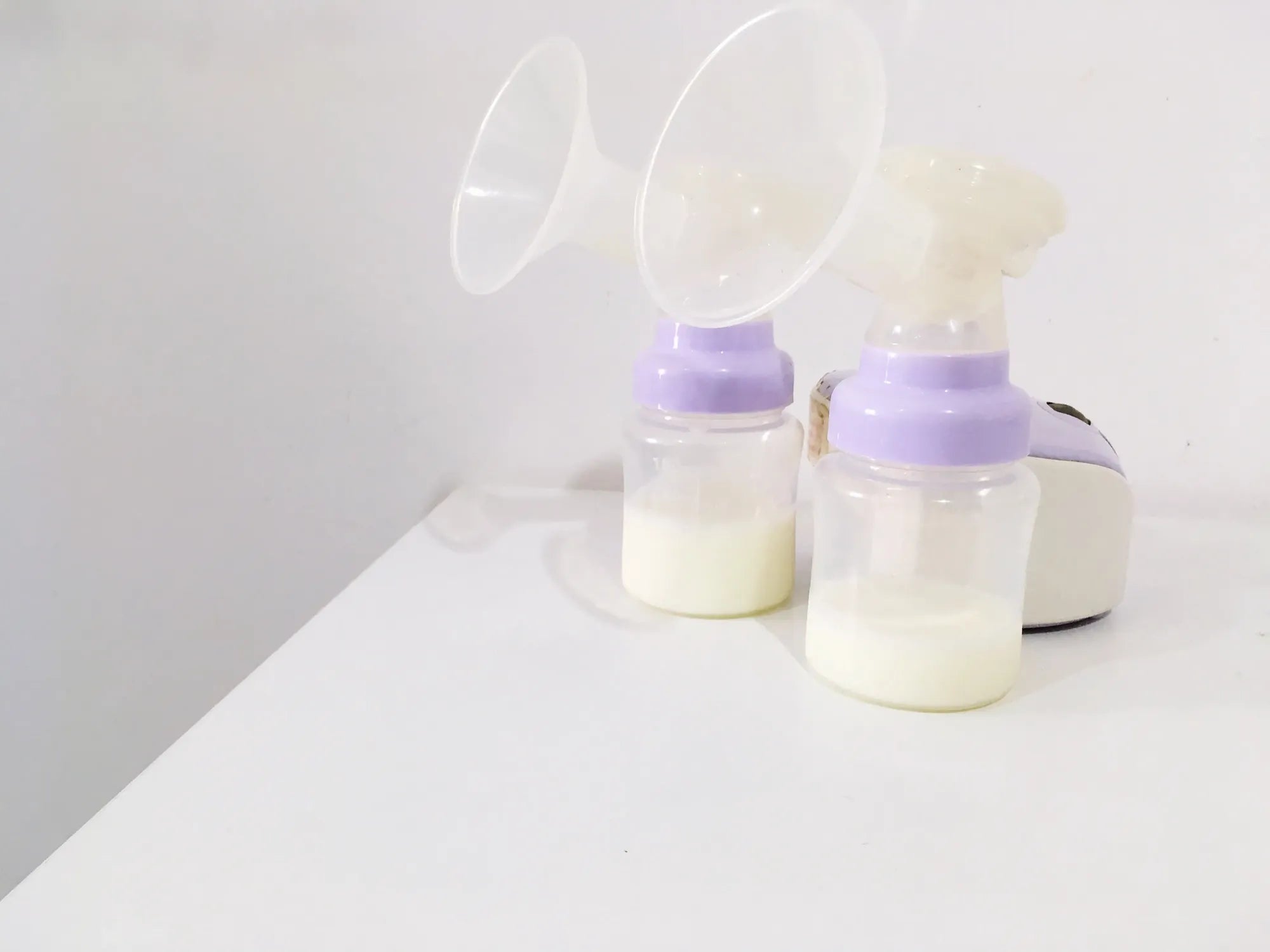Home
Pregnancy, Breastfeeding, and Pumping: The Ultimate Guide for Moms
Can I Pump When My Breasts Are Engorged? A Comprehensive Guide

Can I Pump When My Breasts Are Engorged? A Comprehensive Guide
Breast engorgement is a common issue faced by many nursing mothers, often causing discomfort and even pain. The question can I pump when my breasts are engorged is one that many women ask, especially when seeking relief. This article delves into the topic, providing insights, tips, and guidance to help you navigate this challenging phase of breastfeeding.
Understanding Breast Engorgement
Breast engorgement occurs when the breasts become overly full of milk, leading to swelling, tenderness, and sometimes even pain. This condition typically happens in the early days of breastfeeding when milk production is still regulating itself. Engorgement can also occur if there is a sudden change in feeding patterns, such as skipping a feeding session or weaning.
Can Pumping Help with Engorgement?
Yes, pumping can be an effective way to relieve breast engorgement. By removing some of the excess milk, pumping can reduce the pressure and discomfort associated with engorgement. However, it is essential to approach pumping with caution to avoid overstimulating milk production, which could exacerbate the problem.
Benefits of Pumping When Engorged
Pumping offers several benefits for mothers experiencing breast engorgement:
- Relief from Discomfort: Pumping can alleviate the pain and pressure caused by engorgement.
- Maintaining Milk Supply: Regular pumping can help maintain your milk supply, especially if you are unable to breastfeed directly.
- Preventing Complications: Engorgement can sometimes lead to blocked ducts or mastitis. Pumping can help prevent these complications by ensuring that milk is regularly removed from the breasts.
Risks of Pumping When Engorged
While pumping can be beneficial, there are also potential risks to consider:
- Overstimulation: Excessive pumping can lead to an oversupply of milk, making engorgement worse.
- Nipple Damage: Improper pumping techniques can cause nipple soreness or damage.
- Dependency: Relying too heavily on pumping can interfere with establishing a direct breastfeeding routine.
Best Practices for Pumping When Engorged
To maximize the benefits and minimize the risks of pumping when engorged, follow these best practices:
- Use the Right Equipment: Ensure that you are using a pump that is comfortable and effective for your needs.
- Pump in Moderation: Pump just enough to relieve discomfort, but avoid emptying the breasts completely.
- Apply Warm Compresses: Before pumping, apply a warm compress to help stimulate milk flow.
- Massage Your Breasts: Gently massage your breasts before and during pumping to help release milk more easily.
- Stay Hydrated: Drink plenty of fluids to support milk production and overall health.
Alternative Methods to Relieve Engorgement
If pumping is not an option or you prefer not to pump, there are other methods to relieve breast engorgement:
- Frequent Breastfeeding: Nursing your baby more often can help reduce engorgement.
- Hand Expression: Manually expressing milk can provide relief without the need for a pump.
- Cold Compresses: Applying cold compresses after feeding or pumping can reduce swelling and discomfort.
- Wear a Supportive Bra: A well-fitted, supportive bra can help alleviate the pressure on engorged breasts.
When to Seek Professional Help
While breast engorgement is usually manageable at home, there are times when it is essential to seek professional help:
- Severe Pain: If the pain is unbearable or does not improve with home remedies, consult a healthcare provider.
- Signs of Infection: Symptoms such as fever, redness, or flu-like feelings could indicate mastitis, which requires medical attention.
- Persistent Engorgement: If engorgement does not improve after several days, it may be necessary to seek advice from a lactation consultant.
Breast engorgement can be a challenging experience, but with the right approach, it is manageable. Whether you choose to pump or explore alternative methods, the key is to find what works best for you and your baby. Remember, every mother's journey is unique, and seeking support when needed is a sign of strength, not weakness.
If you are struggling with breast engorgement, know that you are not alone. Many mothers face this issue, and there are numerous resources and strategies available to help you through it. By understanding your options and taking proactive steps, you can find relief and continue to provide the best care for your baby.
Share
